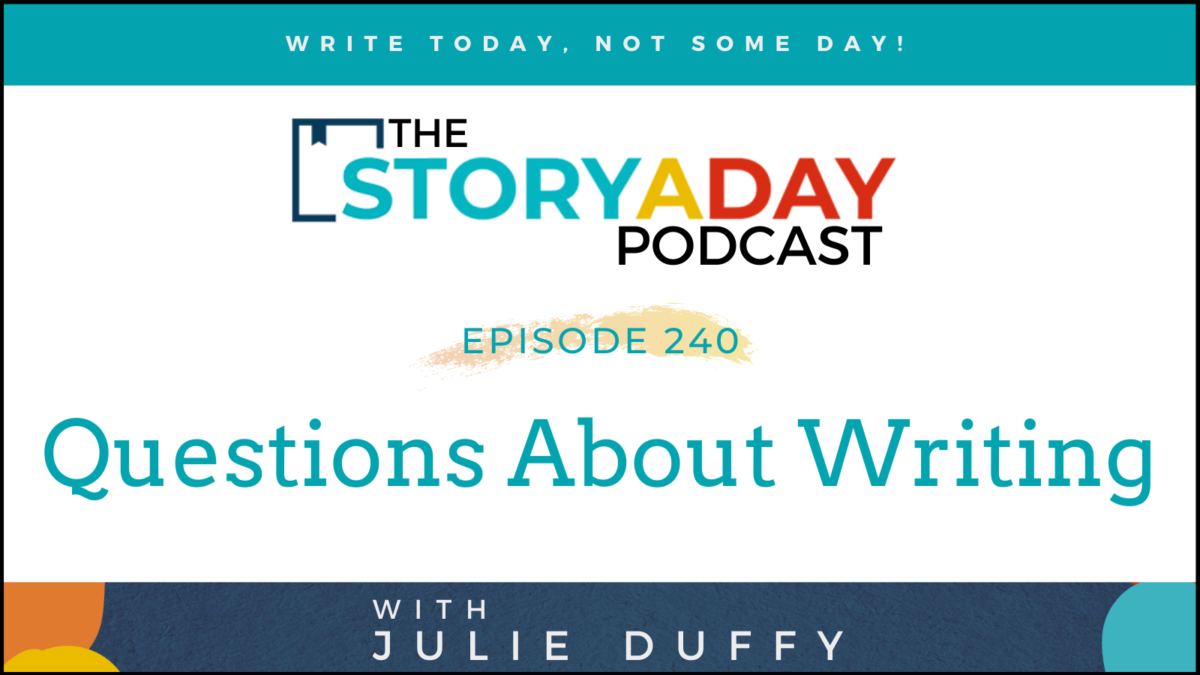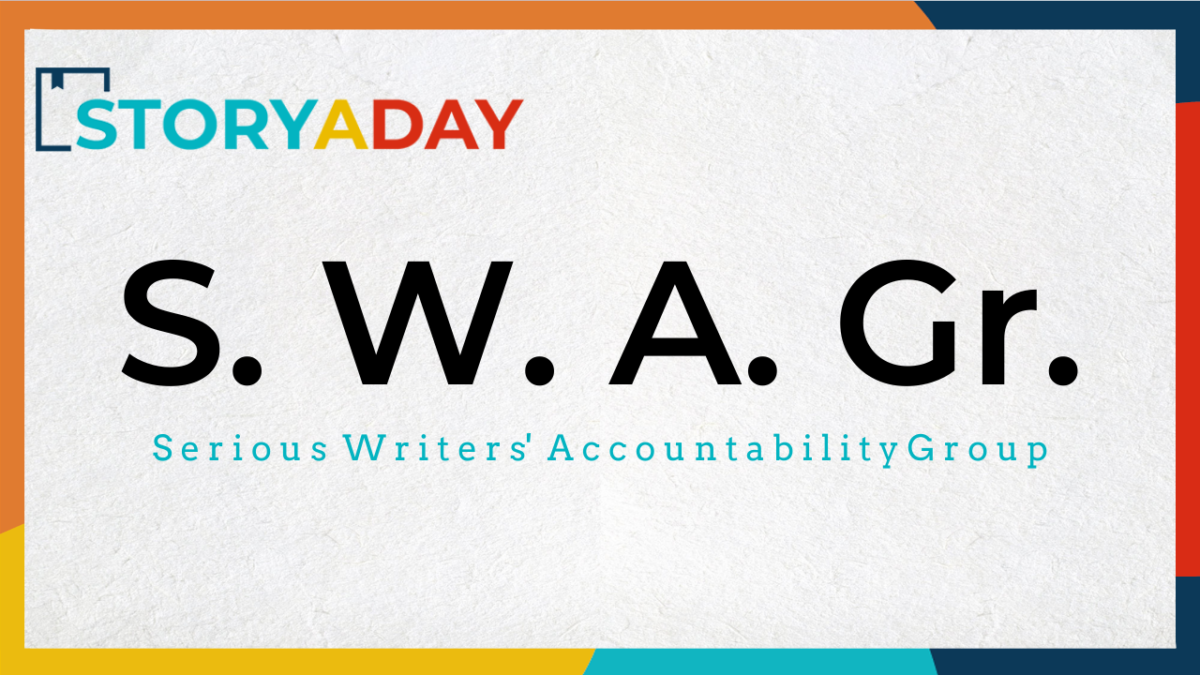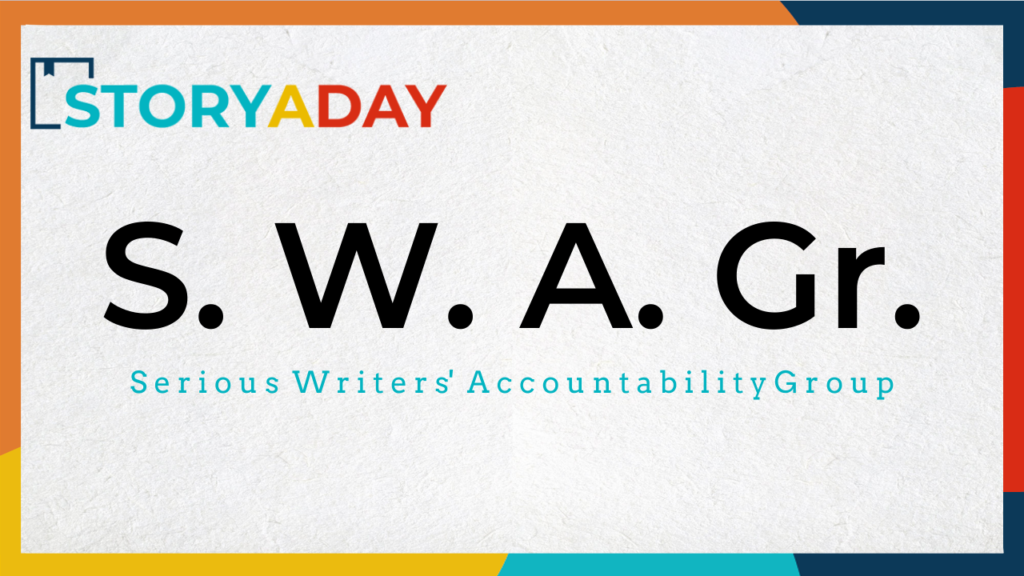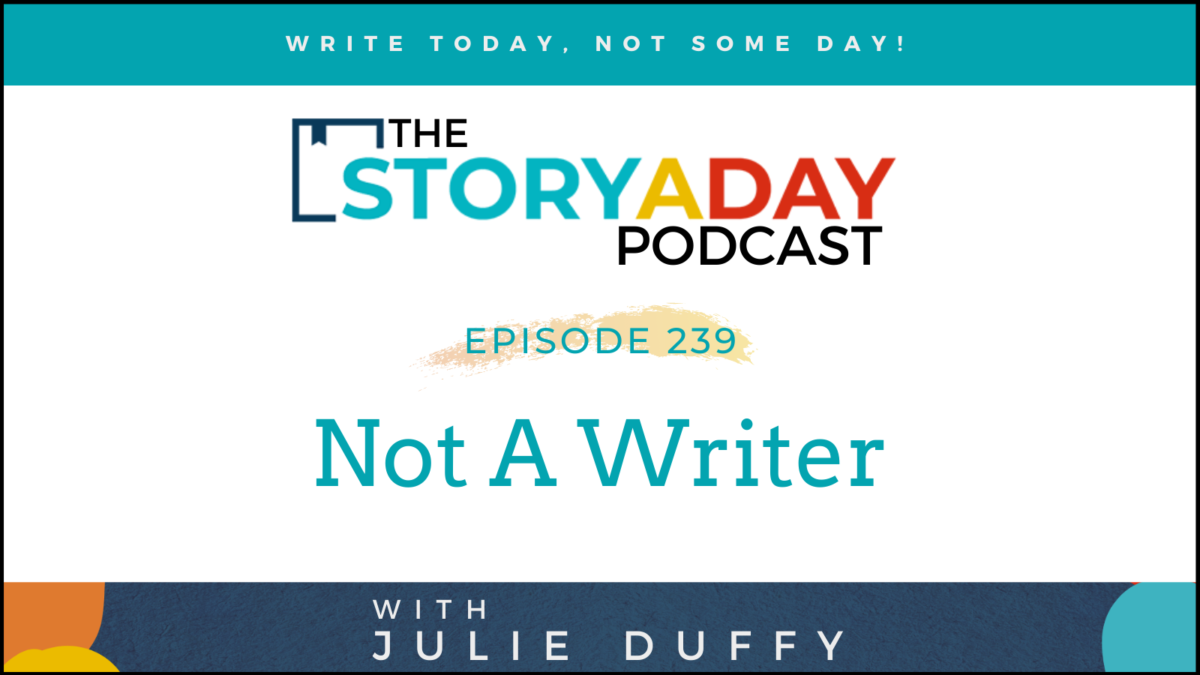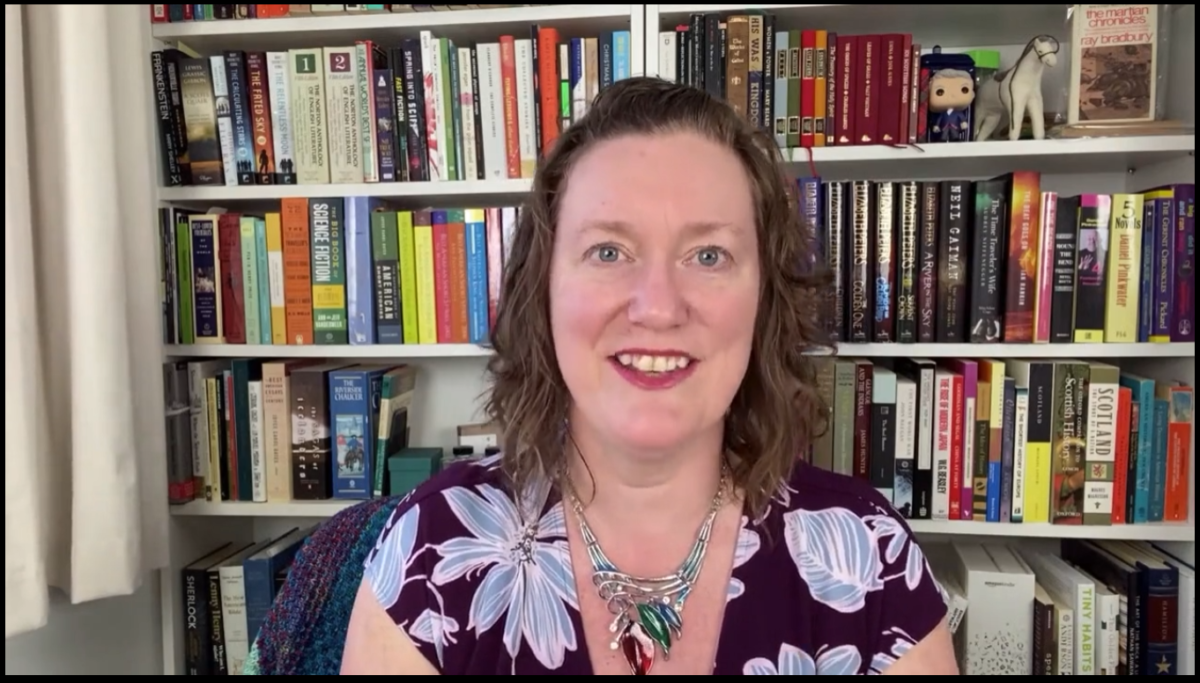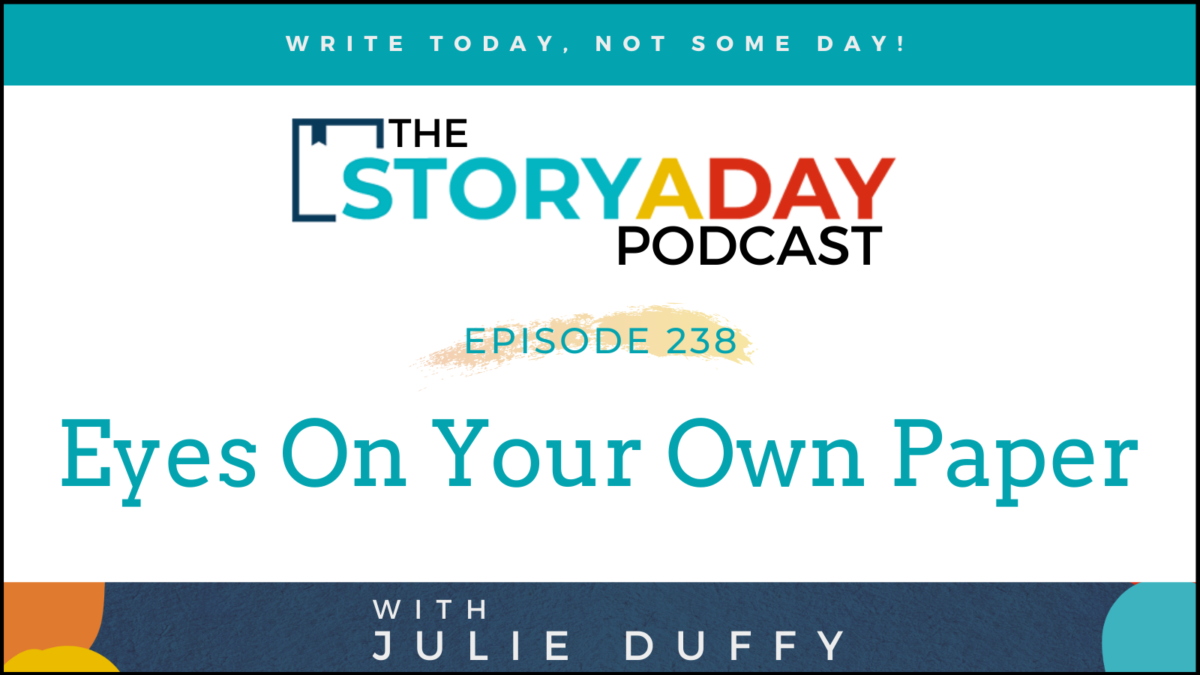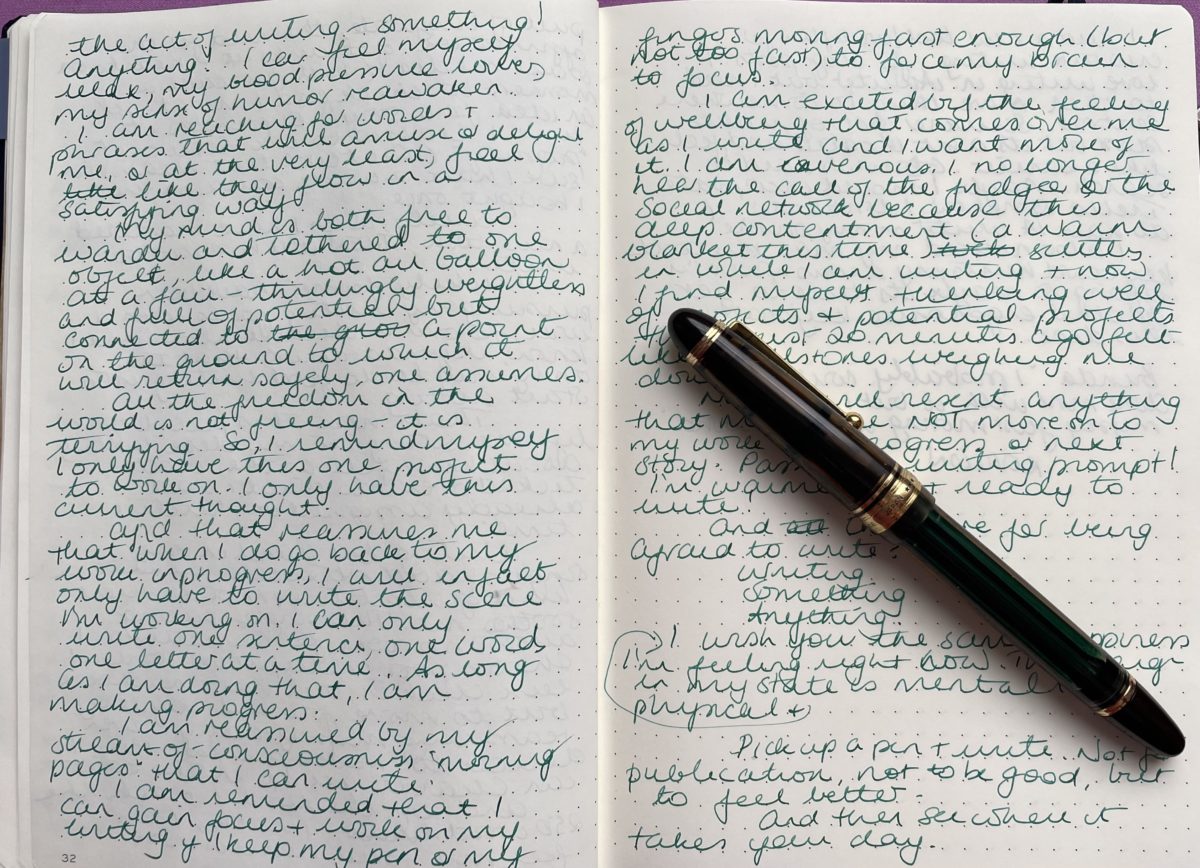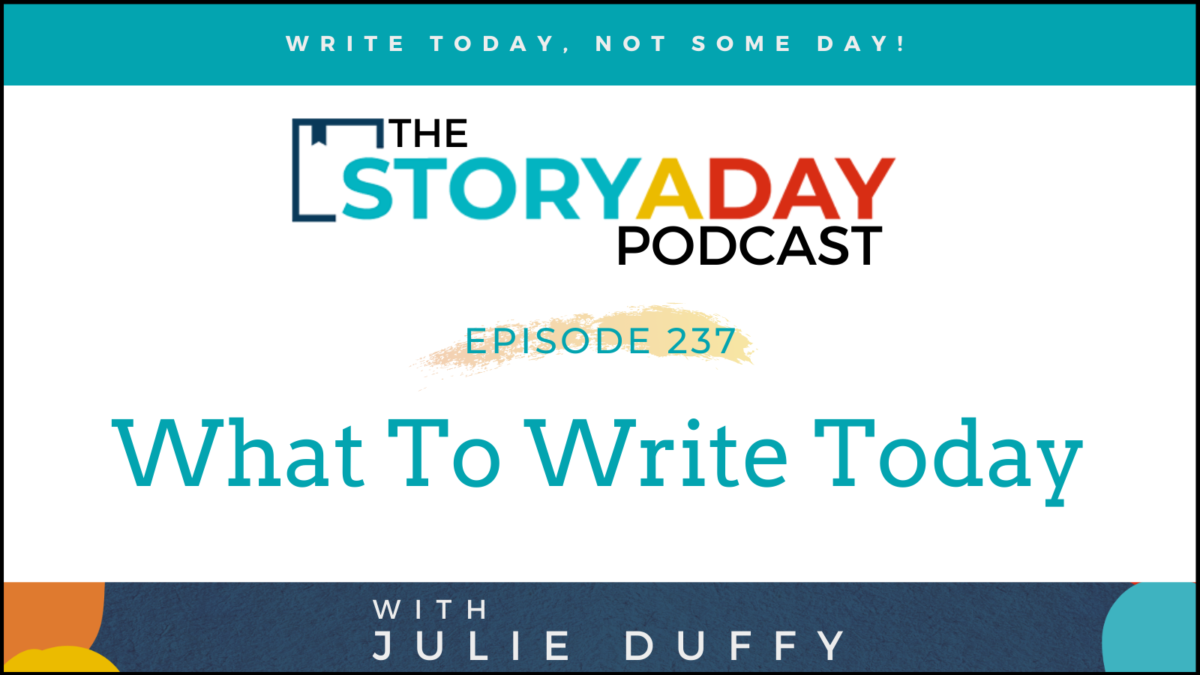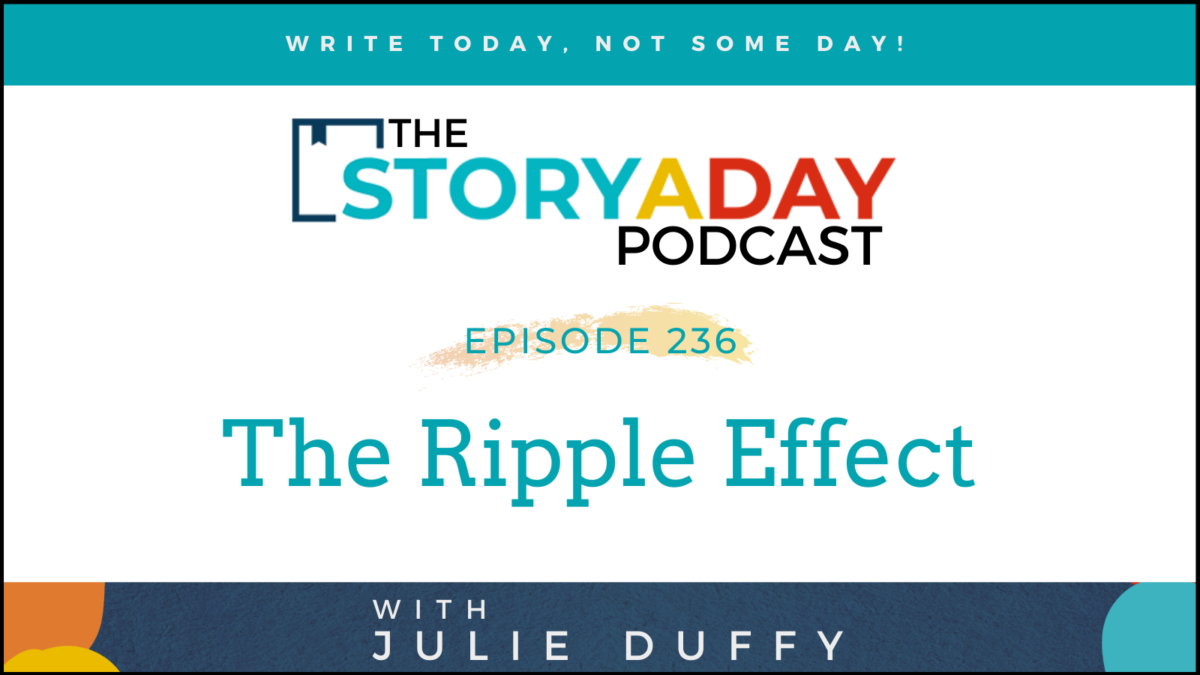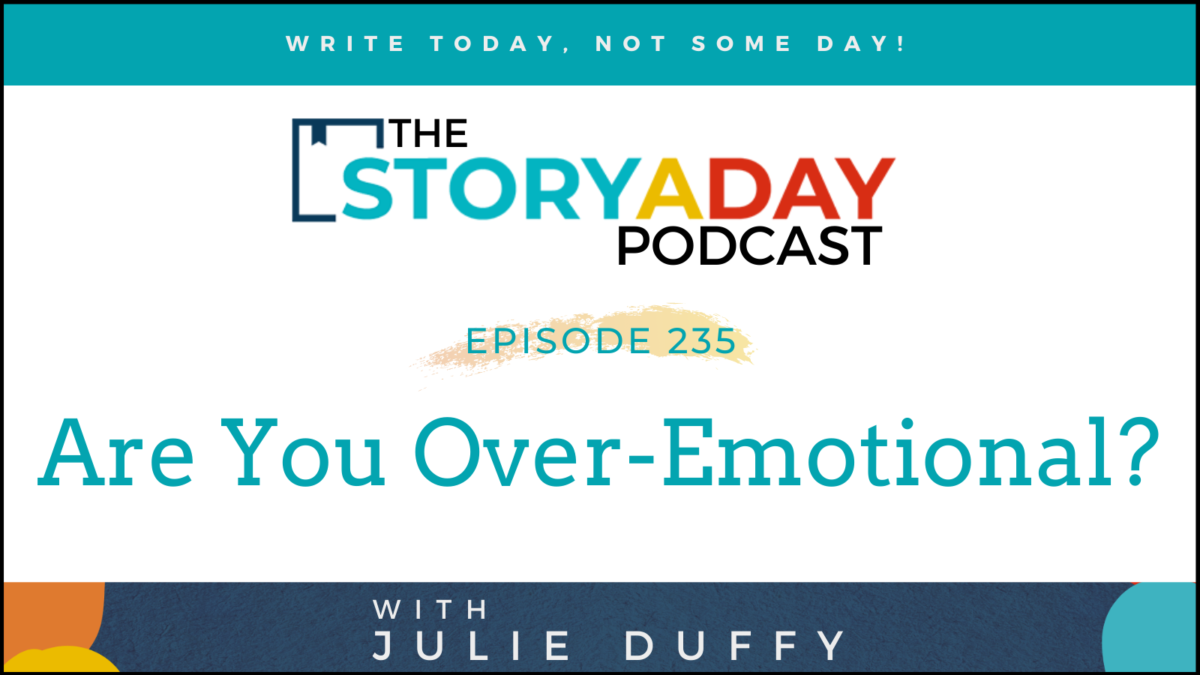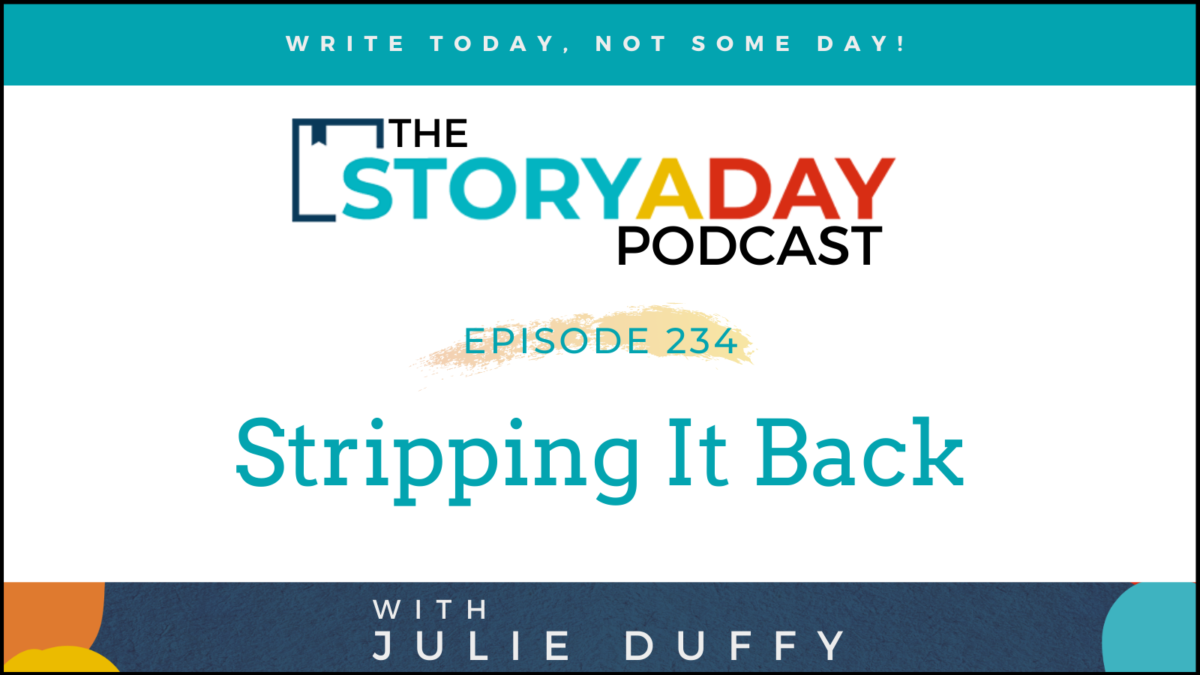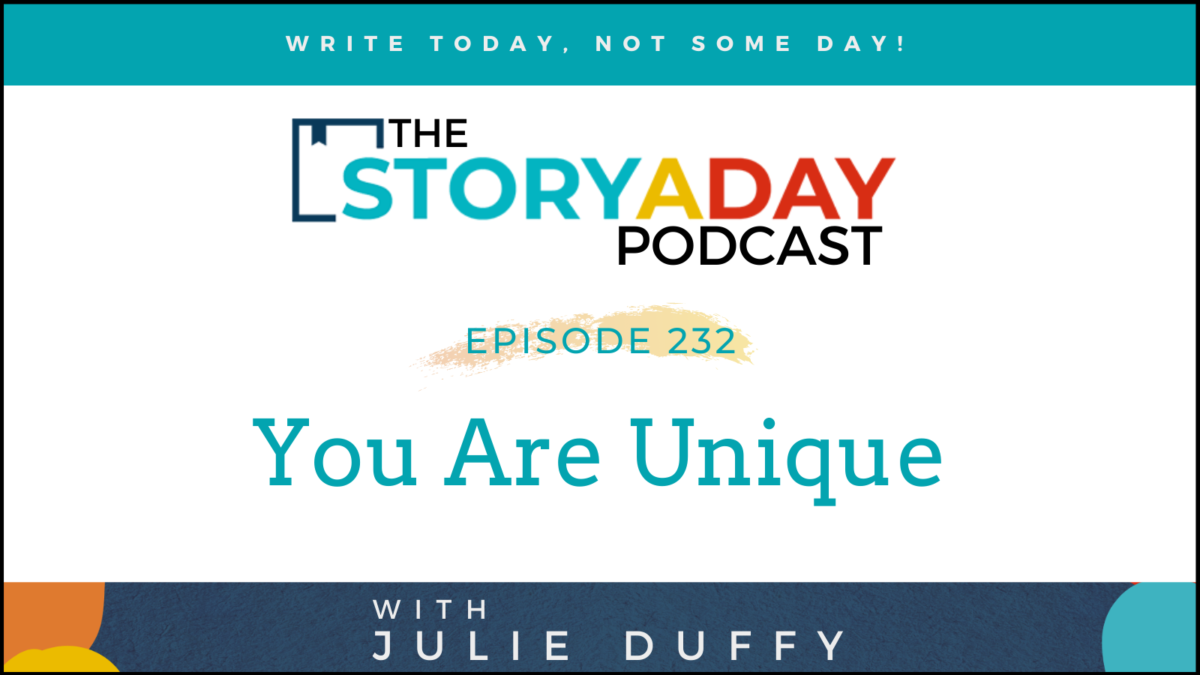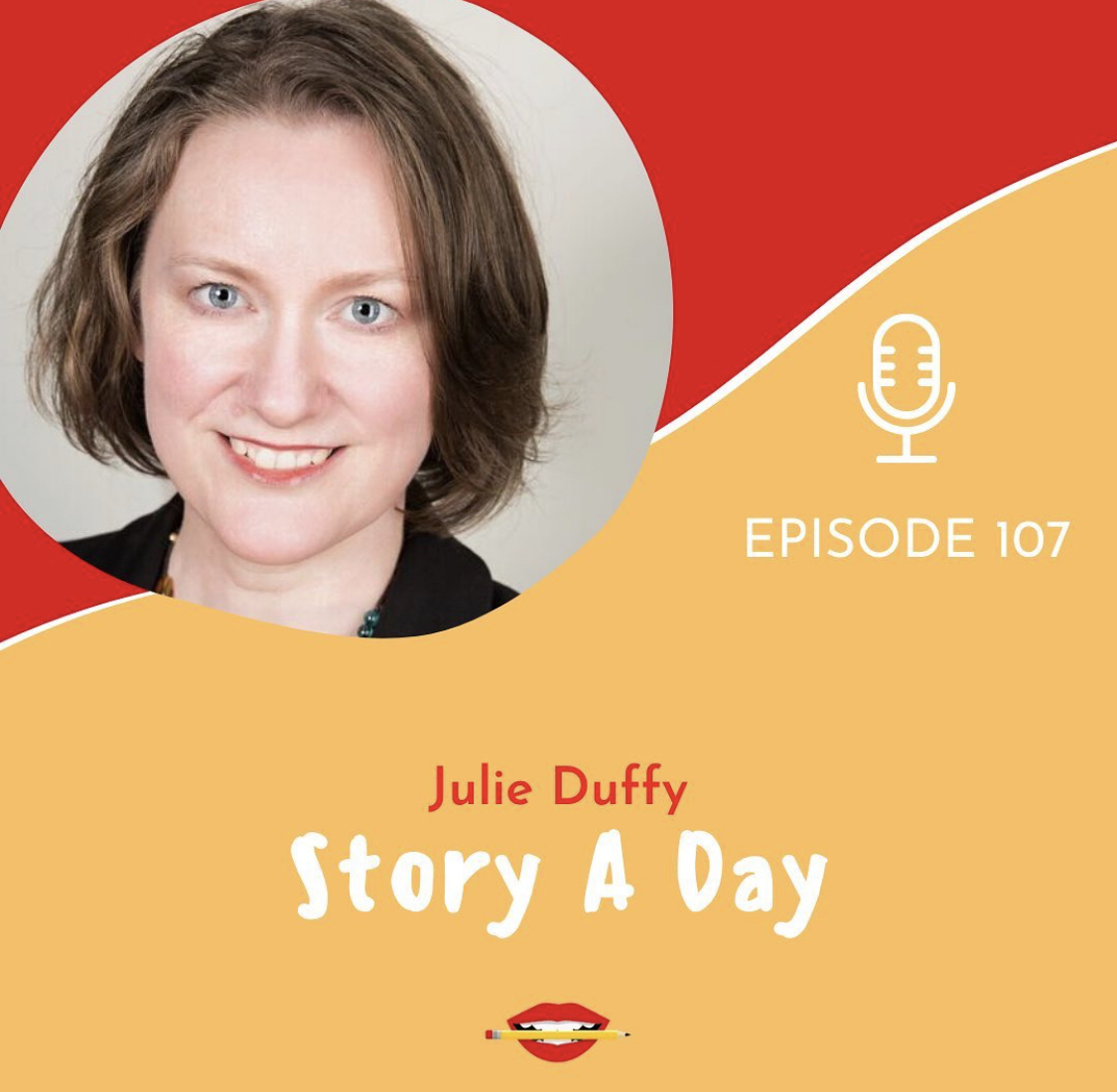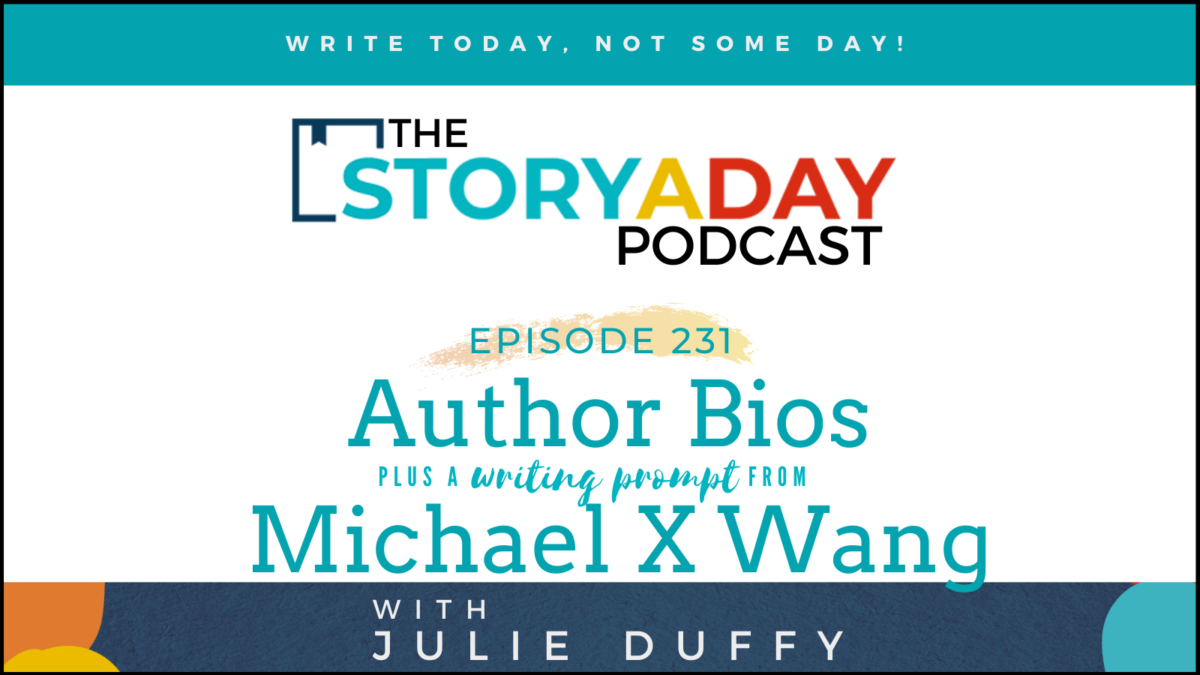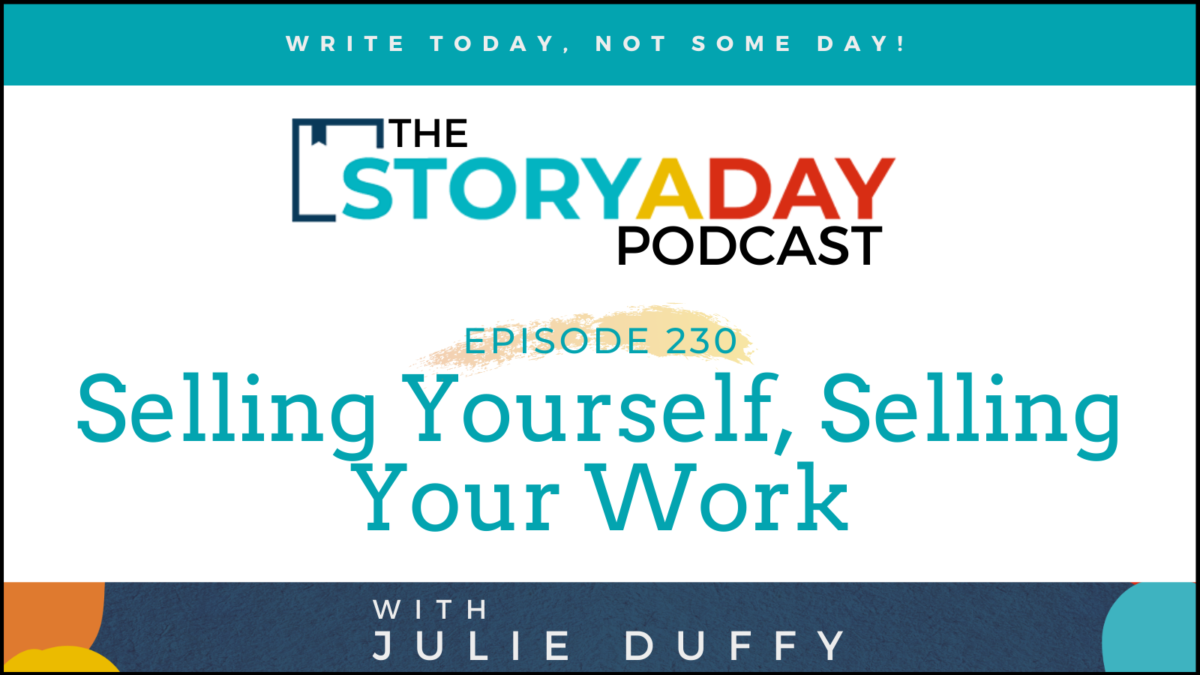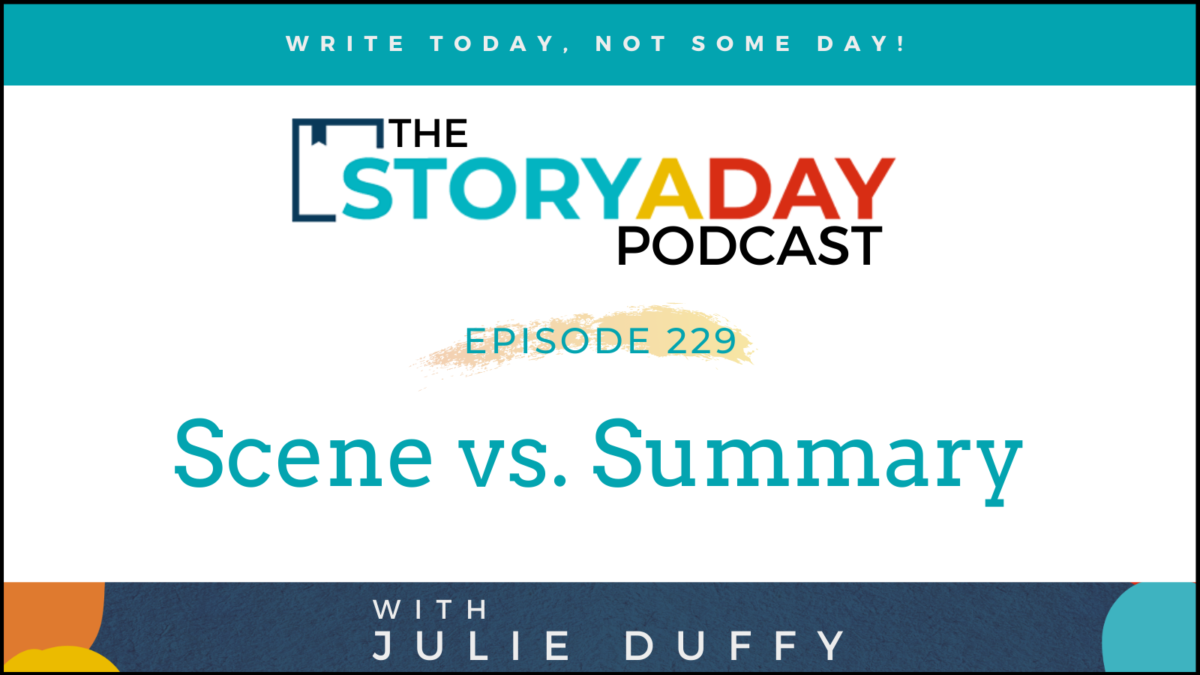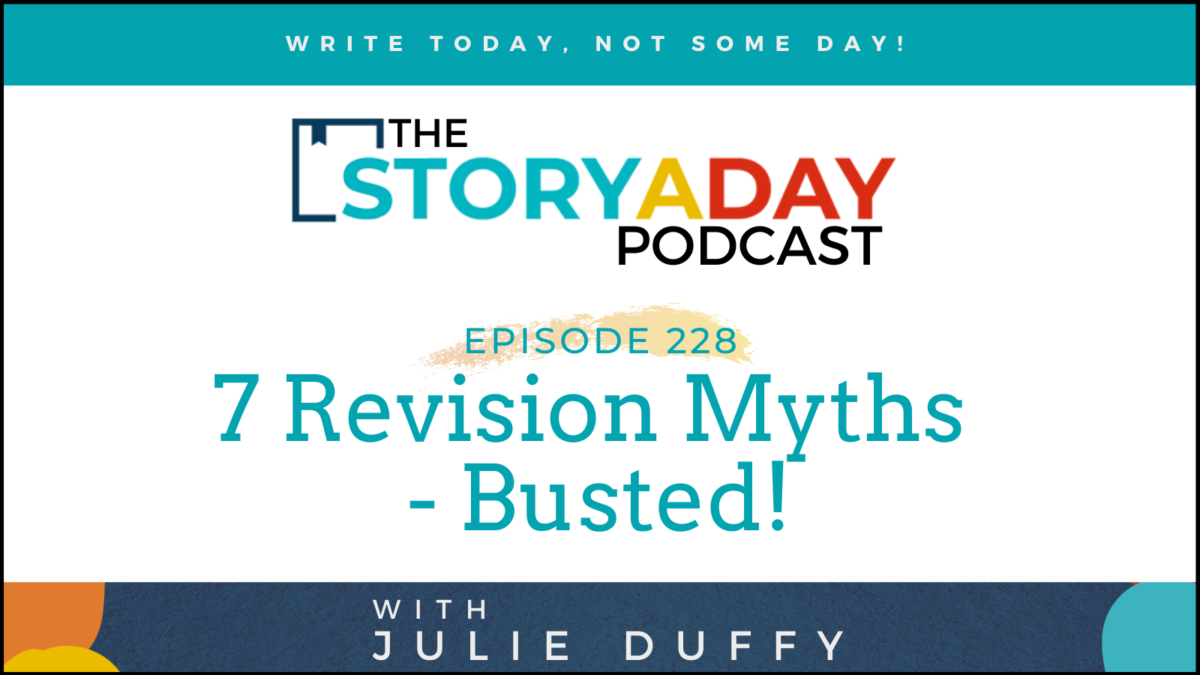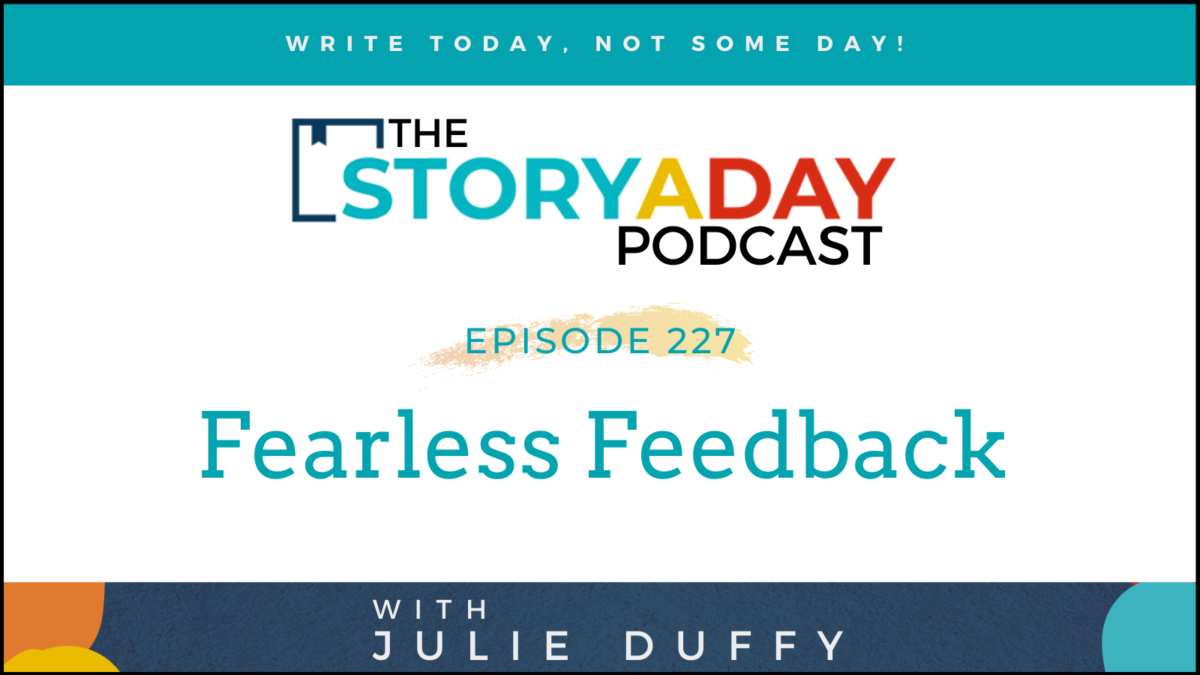Here at StoryADay I talk a lot about the importance of not just starting, but also finishing your work.
Finishing (and sharing) your stories allows you to improve your craft with words, but just as importantly it helps you get to grips wiht your process as a writer.
You might wish you were the kind of writer who could get up at 5 o’clock every morning and write 2,000 words and then get on with your day. And maybe you can white-knuckle it for a week or two.
But maybe your process is different.
And would it be so terrible if you allowed yourself to start with what comes naturally and build on that?
My Customary Freak-Out
I’m preparing a new workshop and was getting discouraged about my apparent lack of progress.
I had a little freak-out as I sat down at the blank page to make myself start work on the outline.
Then I laughed.
Because the words ‘customary freak-out’ popped into my head and I remembered that this isn’t new. This is my process when i’m creating anything new, whether it’s a workshop, a story, or a whole course.
It goes like this:
- Come up with an awesome idea
- Mention it to people, who say ‘yes, please do that’.
- Do loads of research and get excited.
- Back away and look at my project only out of the corner of my eye.
- Berate myself for procrastinating
- Have a small freak-out
- Realize that what looked like procrastination is actually percolation and what looks like me backing away from the work is actually me backing up, so I can see the whole thing clearly.
- Sit down to create The Thing, and have it pour out of me in one messy-but-promising first draft.
- Revise and polish and get excited all over again.
- Deliver the thing. Have a blast. Help people.
The Upside of Knowing Your Process
Since we’ve been through this before, my brain has started to move the ‘freak out’ date further from the delivery date (thanks, brain!) so there’s more time between the messy first draft and the production copy.
But it has only done this because I’ve finished and delivered things (workshops, essays, books, articles, speeches, launches) so many times before.
You Can’t Be Someone Else
I envy people who can work on a project for an hour a day for a month, making steady progress. That doesn’t seem to produce my best work, or make me happy.
I’m reluctant to say that I can’t change that, because clearly things can change. I’m not pulling all-nighters. I’ve discovered I can work at any time of the day, not just my beloved vampire-hours. Mindset controls a lot.
But I suspect that working with, rather than against, our natural inclinations, makes for an easier route to productivity. My process isn’t all rainbows and sprinkles, but it works for me.
Finding Your Process
Your process may be different from mine (I hope it is!) It very likely is.
If you think you don’t have a process, it may be that you’re not paying attention OR that you’re not finishing and ‘shipping’ products.
There is an inherent stress in making all the decision needed to call a piece ‘finished’. There is anxiety in showing it to people. You’re raising the stakes. But raised stakes cause us to pull out all the stops. Extra effort builds muscle. The adreneline rush of promising to show your work makes you strive to do your best work.
The more often you go through the whole process of producing and sharing work, the better you will your own process.
And the sooner you can recognize your process for what it is, stop fighting and start tweaking it so that you can produce more, get more creative, and be more fulfilled.
Happy creating!
Have you noticed what your creative process is? What do you do that other people might not recognize as forward progress? Leave a comment!


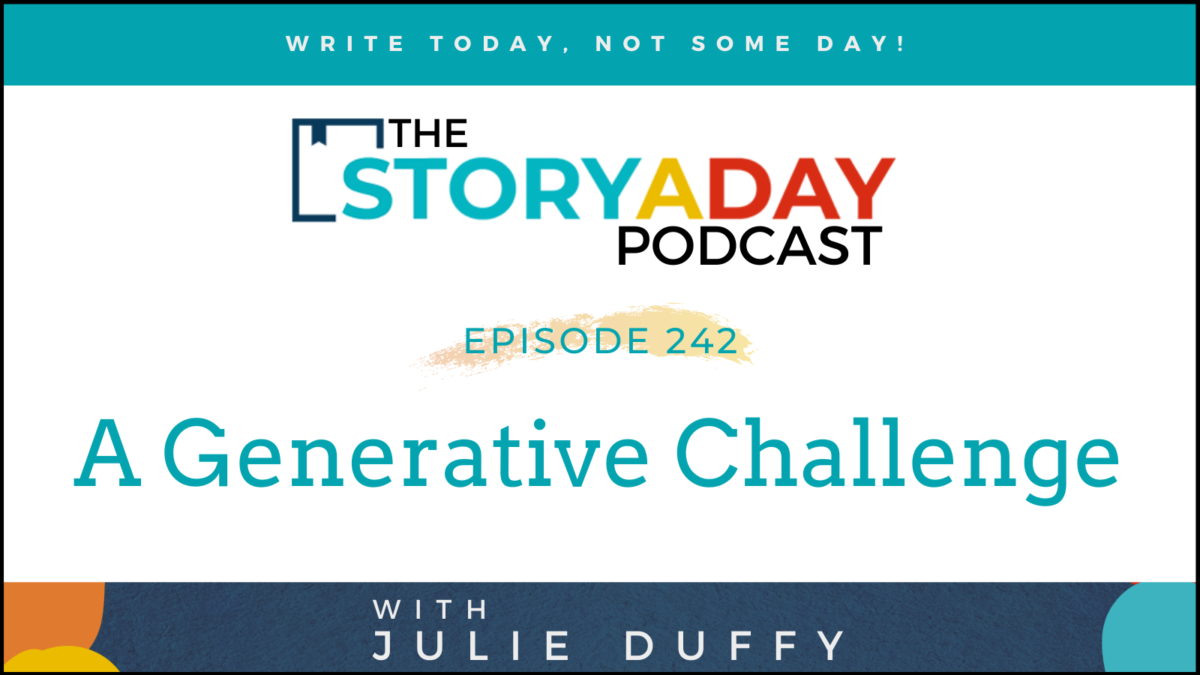
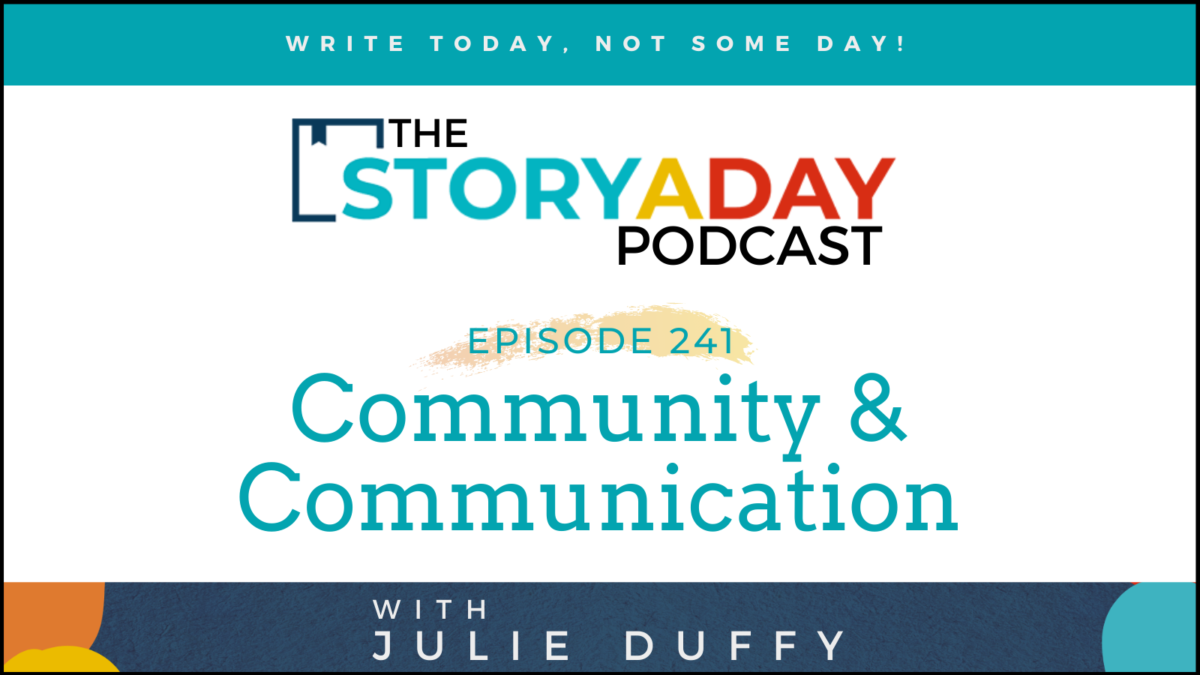
![[Reading Room] Cosmogramma by Courttia Newland](https://storyaday.org/wp-content/uploads/2022/02/Reading-Room-Newland-1200x675.png)
